Davide Rebellin: I had a lot of doors closed in my face
44-year-old Italian races into probable final season
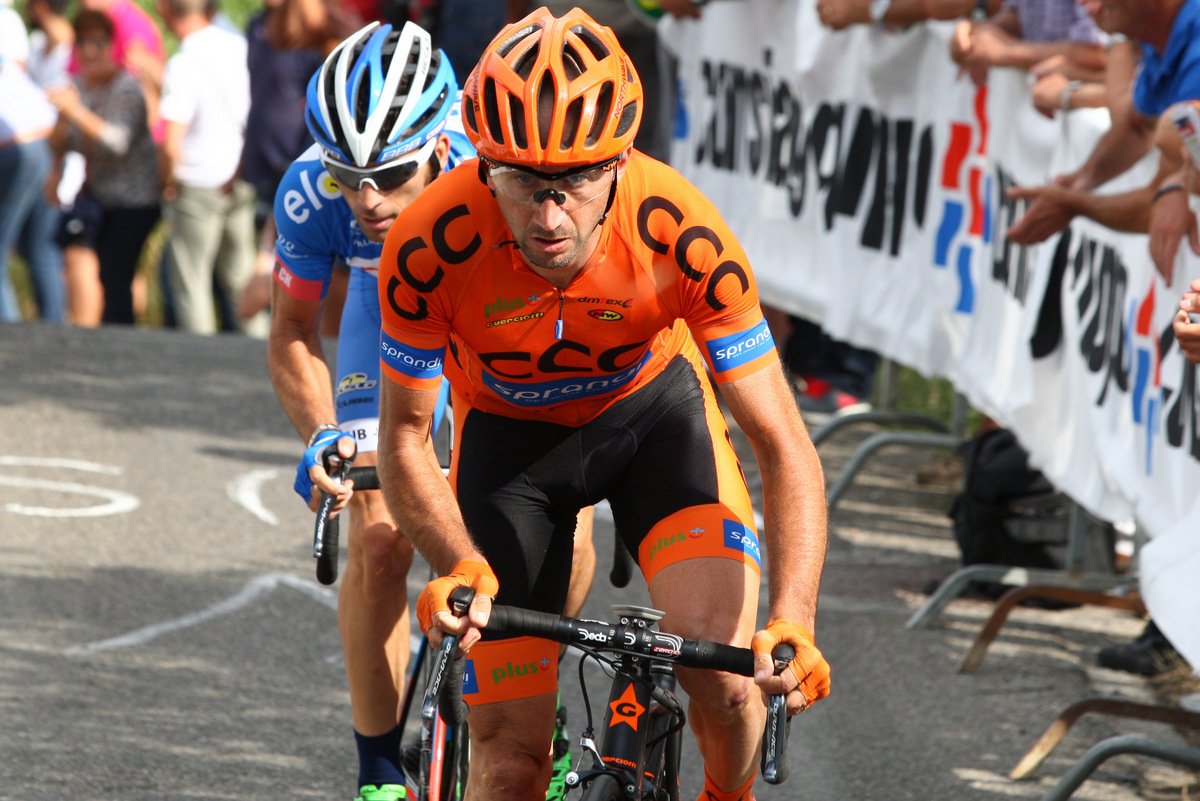
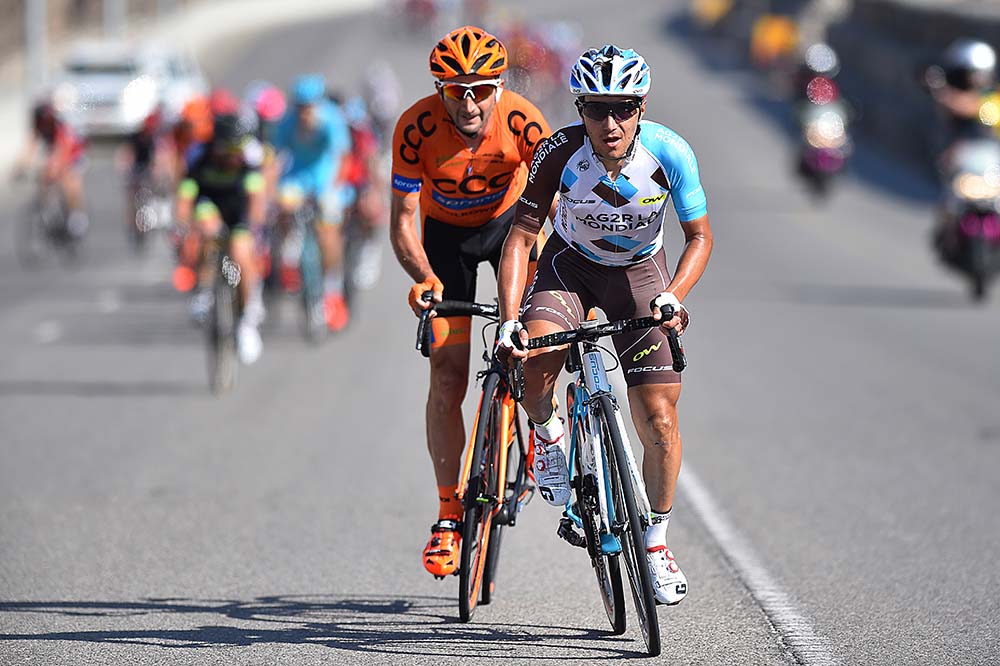
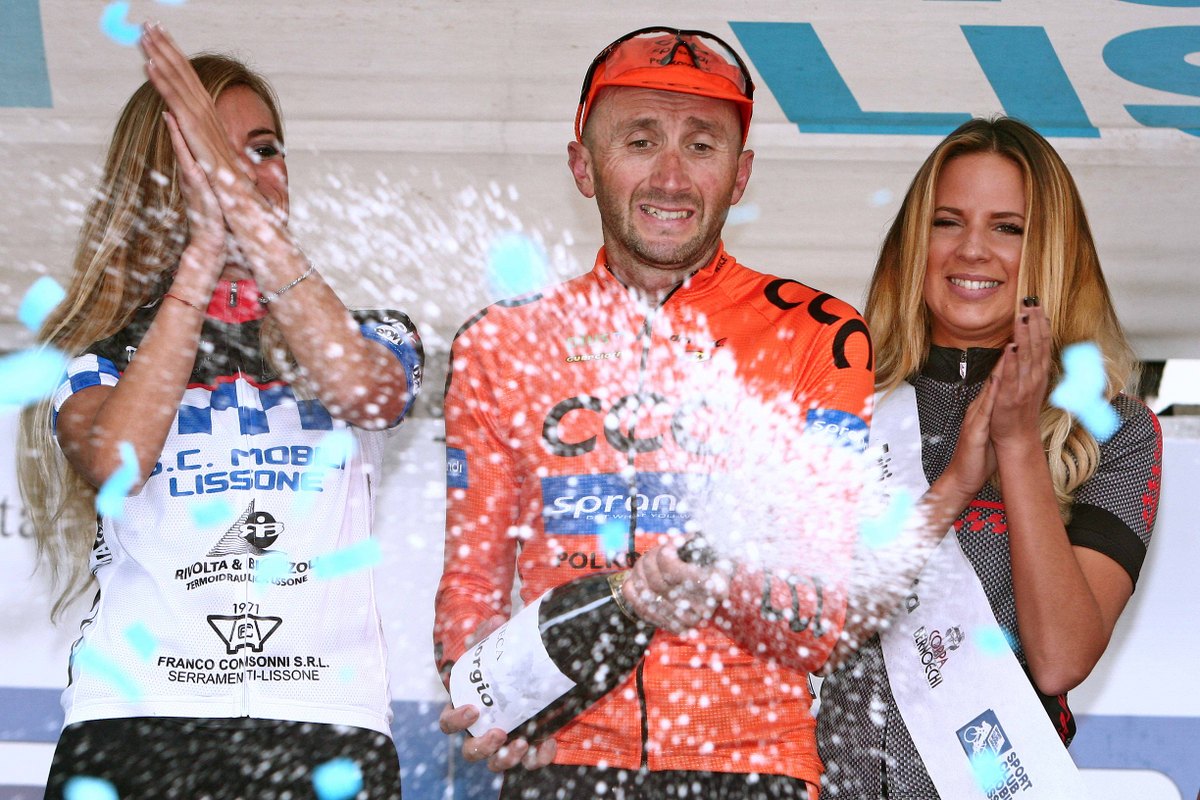
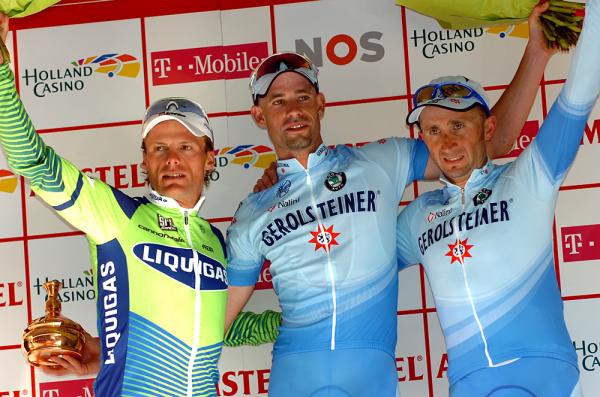
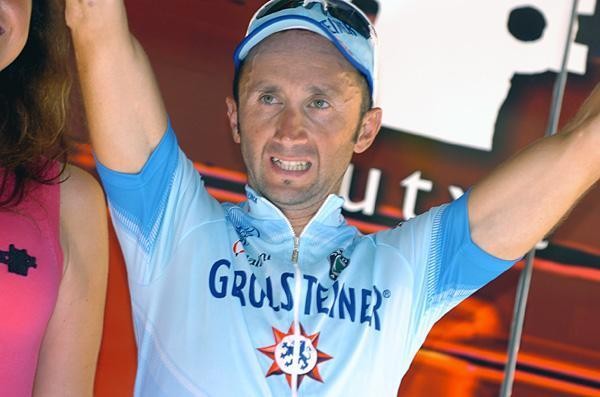
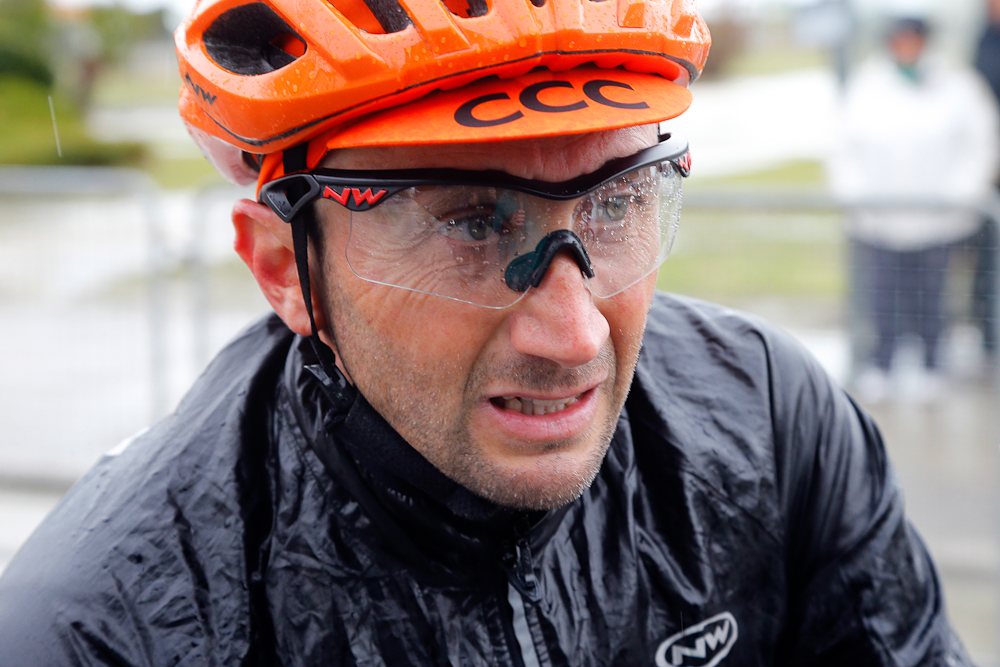
After almost a quarter of a century, there is one man still standing from Italian cycling’s class of 1992, the generation of riders who were held back from turning professional until after that summer’s Barcelona Olympics.
Men such as Michele Bartoli, Francesco Casagrande, Wladimir Belli, Giovanni Lombardi and Andrea Peron have been retired for a decade or more. Fabio Casartelli, gold medallist in the road race in Barcelona, tragically died in a crash at the 1995 Tour de France. This past Sunday marked the 12th anniversary of Marco Pantani’s death.
Somewhat improbably, Davide Rebellin is still here. At 44 years of age, the Italian is again in the professional peloton for the 2016 season, which he admits is likely to be his final year of his long career.
“My motivation is the same as it ever was,” Rebellin told Cyclingnews as he begins the Tour of Oman after also completing the Dubai Tour and the Tour of Qatar. “Bigger than before, actually. Even when the echelons start up...”
It seems oddly fitting that Rebellin’s career should be bookended by Olympic years. His cycling life will forever be defined by his positive test for CERA after he finished second to Samuel Sanchez in the road race event in Beijing in 2008. When the anti-doping violation was eventually made public the following spring, days after he won his third Flèche Wallonne, Rebellin became the first Italian athlete in any sport to be stripped of an Olympic medal for doping. The man who had briefly aspired to the priesthood in his youth was cast into the wilderness.
While others, such as Ivan Basso and Michele Scarponi, were quickly able to return to their prelapsarian status on top-level teams after their doping bans, Rebellin was consigned to a sort of limbo when his suspension expired in 2011, riding for Miche and Meridiana before landing at Polish Professional Continental outfit CCC-Sprandi in 2013.
“Yes, certainly, I’m a little bitter about it alright,” Rebellin said. “I’ve lost more than seven years of my career, and it’s been hard to see others who’ve found more doors left open for them.”
Get The Leadout Newsletter
The latest race content, interviews, features, reviews and expert buying guides, direct to your inbox!
“I had a lot of doors closed, I’ve been a bit marginalised, but I just kept looking forward because I just wanted to finish my career at a high level, and the results I’ve achieved since I came back have shown that.”
Just last year, Rebellin won the Coppa Agostoni and a stage of the Tour of Turkey, but although CCC-Sprandi was invited to last year’s Giro d’Italia, the rumour persisted that the wildcard was contingent on Rebellin not being selected. A heavy crash at the Tour of Turkey rendered the point moot.
“I don’t do three-week races anymore, but I think there’s a good rapport with RCS Sport now anyway because I was in Dubai and I’ll be at Milan-San Remo and Tirreno-Adriatico this year, so there’s nothing to say really,” Rebellin said.
Court ruling
One explanation for Rebellin’s ongoing pariah status is that unlike others, he has always protested his innocence and refused to admit even partial guilt, far less offer a full confession to doping. Redemption without repentance is rather problematic.
In May of last year, Rebellin did earn of a victory of sorts when an Italian court found that he had no criminal case to answer for his 2008 positive test, after the Italian Olympic Committee had sought a €500,000 in damages and a year’s imprisonment.
The verdict will have no impact on his sporting sanction, however. While in Italian law, guilt must be proven beyond reasonable doubt, “comfortable satisfaction” is sufficient for the International Olympic Committee and the WADA code.
“I had to accept the two-year ban but in the end, it was almost like having a seven-year ban because I had a lot of doors closed in my face, from important teams and important races,” Rebellin said.
“At least now from the Italian justice system, I’ve had a verdict that says I’m innocent in this matter because there is no proof to explain the positive test. There were a lot of procedures that weren’t followed properly in the test. They’re all things that would normally have been enough to stop the proceedings, but it didn’t turn out like that and I was banned. But at least the Italian justice system has cleared me.”
Rebellin’s insistence that last May’s verdict, when he was also cleared of tax evasion, has “been good for my image and for my career,” is tempered by the fact that the sporting sanction stands and, in truth, his reputation remains what it was before. The stain of being Italy’s first fallen Olympic medallist is indelible.
“It would be very difficult because a lot of evidence would be required,” he said of any further recourse to CAS.
And so Rebellin rides on, never reaching the shore of innocence or forgiveness. He races this week at the Tour of Oman, where he placed eighth on the opening stage after being part of a select chase group behind stage winner Bob Jungels (Etixx-Quickstep), some 21 years his junior. Rebellin will continue at Tirreno-Adriatico, Milan-San Remo, Amstel Gold Race and, wildcards permitting, Flèche Wallonne and Liège-Bastogne-Liège.
In another Olympic year, back in 2004, Rebellin secured a hat-trick at the Ardennes Classics, but was overlooked for the Italian team for Athens and finished the year trying – and failing – to race for Argentina at the World Championships in Verona.
However it finally ends, it’s been a curious career.
“I don’t know how many more years I’ll race and this is probably going to be the last one,” Rebellin said. “If I manage to ride well at the big classics like San Remo, Flèche and Liège, it will have been a good year for me, I’ll be satisfied.”

Barry Ryan was Head of Features at Cyclingnews. He has covered professional cycling since 2010, reporting from the Tour de France, Giro d’Italia and events from Argentina to Japan. His writing has appeared in The Independent, Procycling and Cycling Plus. He is the author of The Ascent: Sean Kelly, Stephen Roche and the Rise of Irish Cycling’s Golden Generation, published by Gill Books.